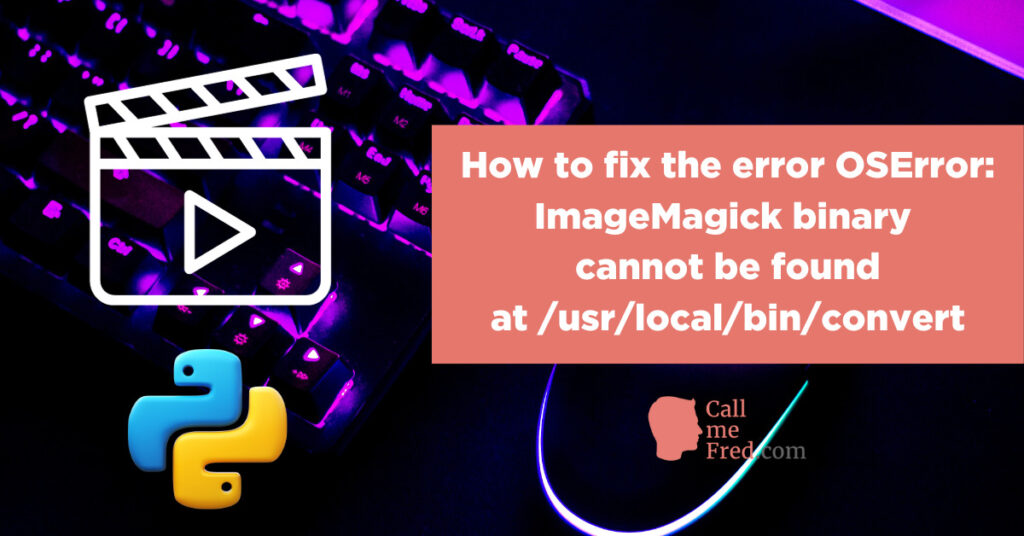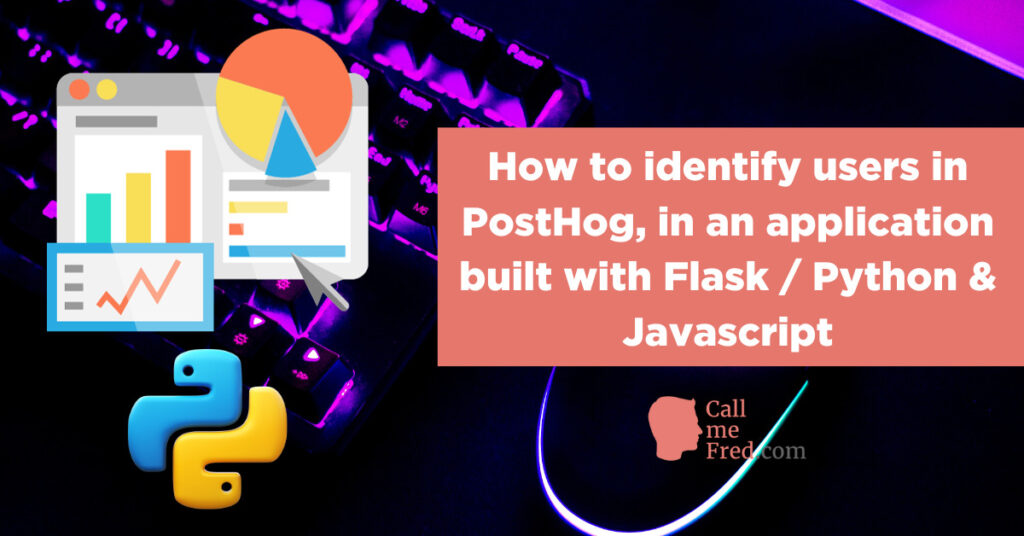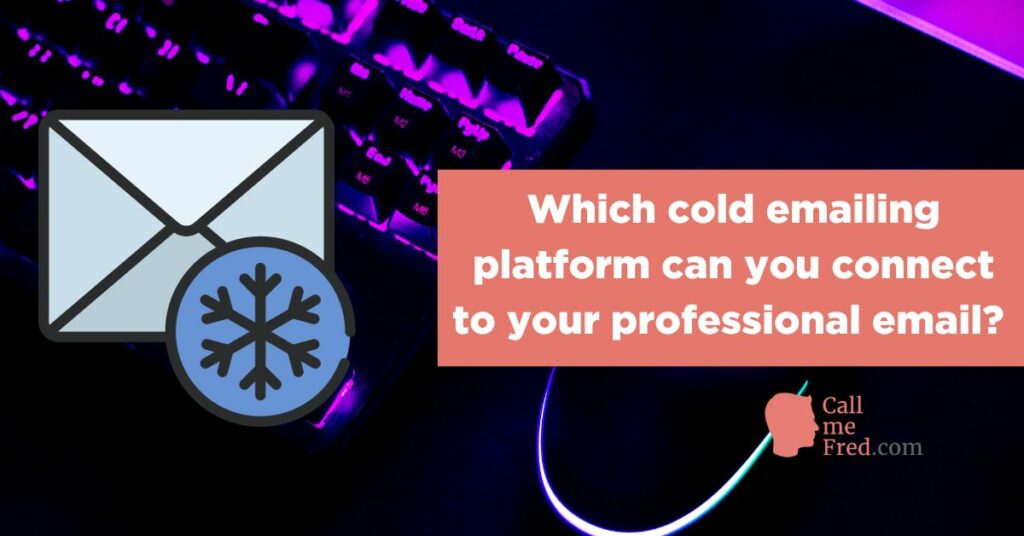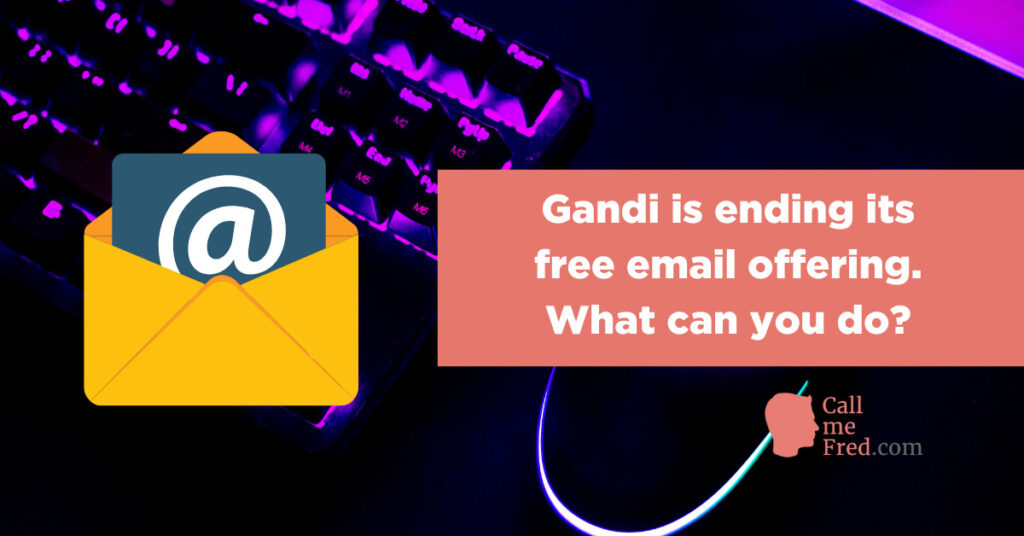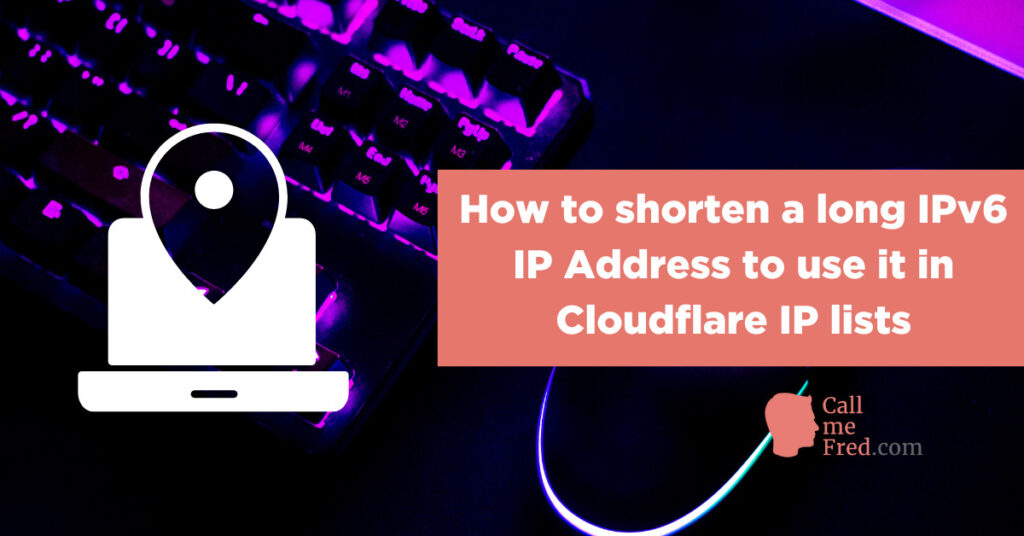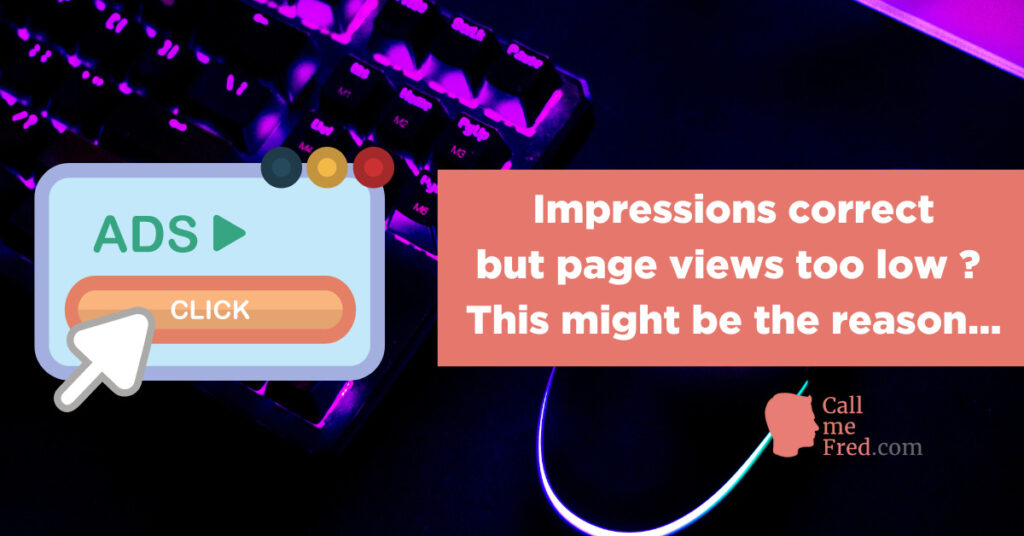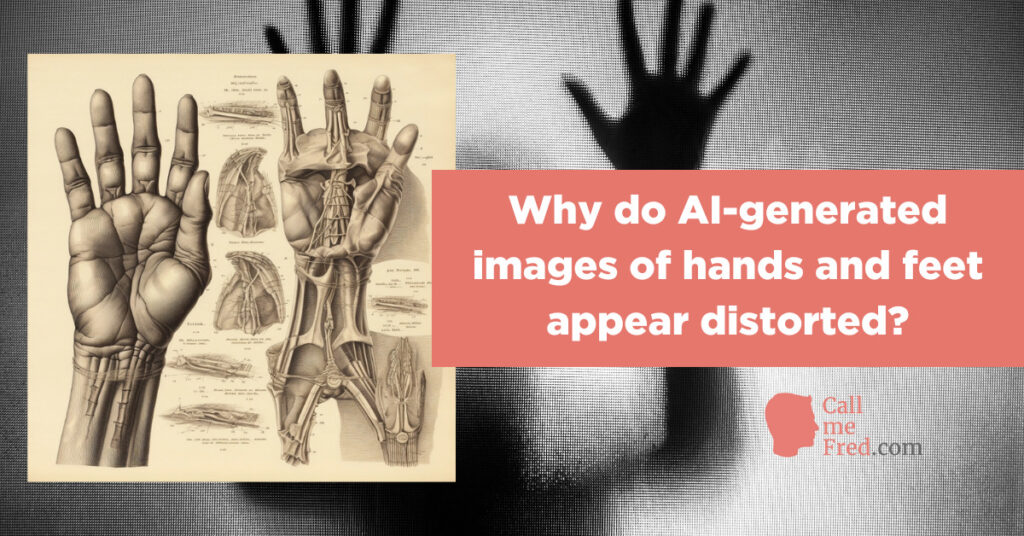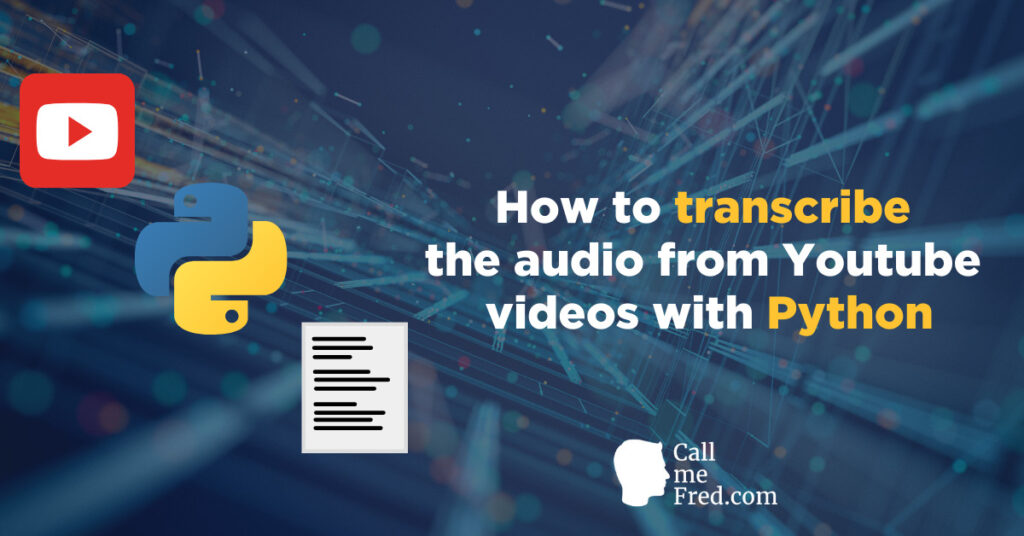There used to be a time when A&R teams’ main sources of talents were live gigs in the small venues of the so-called “toilet circuit”. I remember attending with a friend a gig at the Barfly (now Camden Assembly) in the late 1990s and spotting a band called King of The Mountains (soon renamed Grand Atlantic). I fell in love with their music and decided to bring them over to Belgium for a few gigs. Our business relationship didn’t go beyond this series of showcases but it’s the impulsive way things were done 20+ years ago.
I’ve just found some (very old) footage on Youtube. It brings back so many good memories… These guys sounded great!
Fast forward to 2019 and we have tools like Chartmetric, Viberate or Instrumental to help us spot upcoming talents and (try to) make data-informed decisions, confirming (or not) our gut feeling.
There used to be a time when it was pretty much impossible to evaluate the engagement of a band’s fanbase at the early stage of its development (when it wasn’t backed by concerts attendance and records sales). Not any more. You can compare the volume of monthly Spotify listeners with the amount of Spotify followers (to check whether the effect of playlisting translates into an actual following), you can see how many fans the artist has per territory on a variety of networks and check how many plays a free track gets on Youtube or Soundcloud in a specific region to back up your talks with local promoters ahead of an overseas tour, estimating how the artist could fill a venue based on a promotion primarily targeted to his/her fanbase. You can compare the progress of these trends to tell whether an act is quickly emerging or strongly declining. Before making any cash investment.
At the end of the day, all this data is just the unbiased digital reflection of reality. You won’t see any band selling out Brixton Academy with 500 Spotify followers and 5,000 views on their latest Youtube video six months after its publication, no serious label will risk growth capital on someone displaying a 5% annual growth across all social networks, etc.
Shall we miss potential talents if we rely too much on data-informed decisions? Maybe, but at the end of the day it will be for the benefit of the artists themselves: it’s better to support the acts who enjoy some form of organic (pre-cash) engagement (i.e. resonate with their target audience) rather than trying to force reality to match your intuitions, as sincere as they can be.
If you’ve made a wrong choice, it’s better to find out early and call it a day. It reduces financial losses and avoids bitter disappointments, at both sides of the relationship.
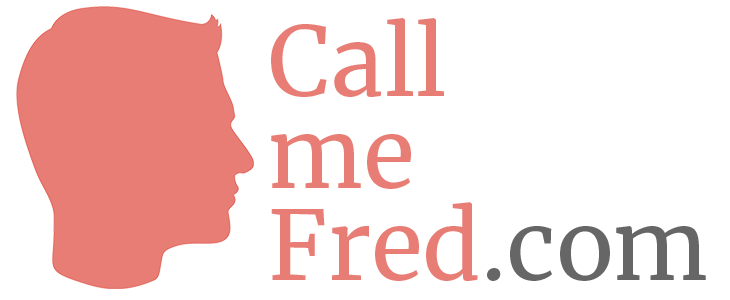
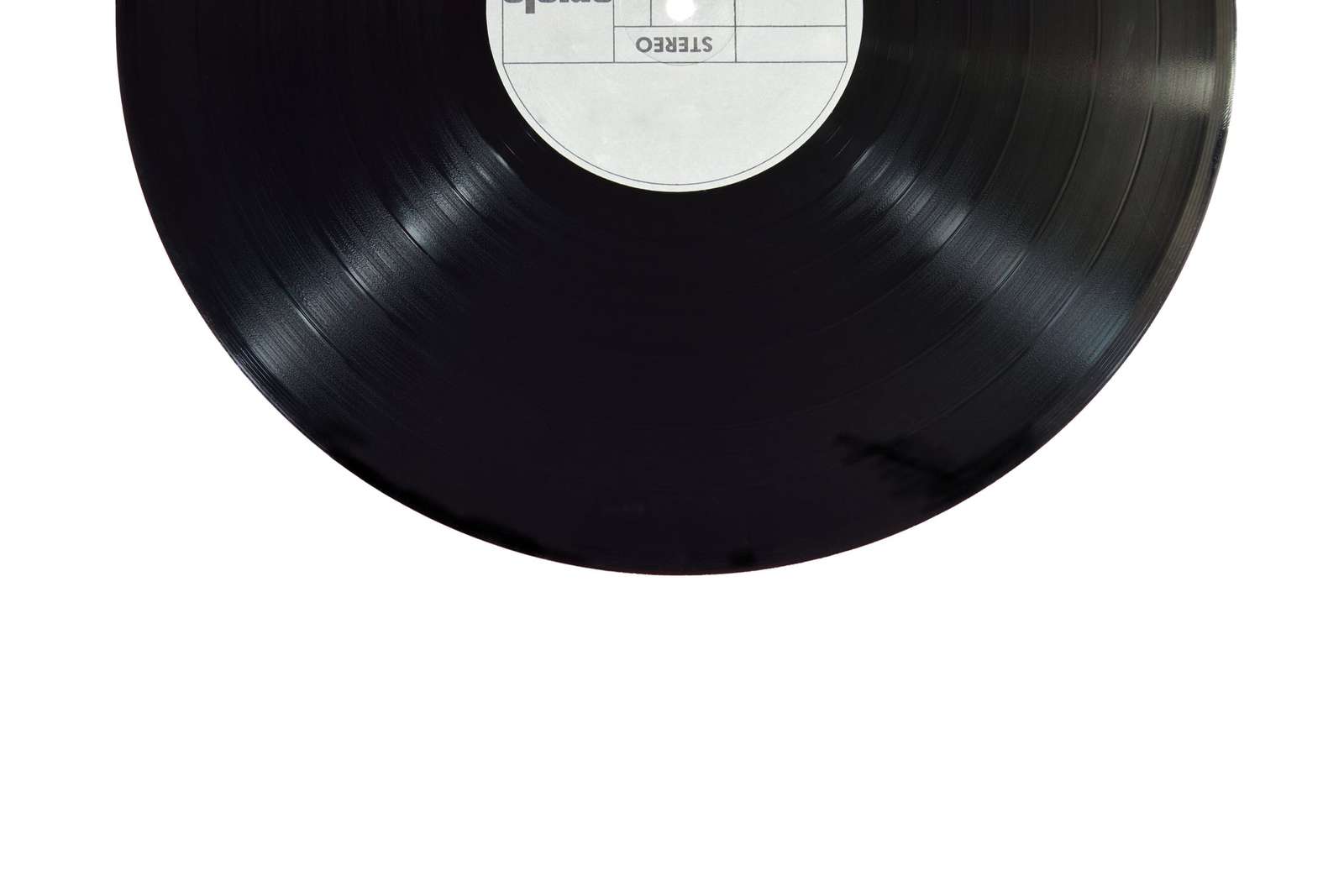
 Subscribe to my weekly newsletter packed with tips & tricks around AI, SEO, coding and smart automations
Subscribe to my weekly newsletter packed with tips & tricks around AI, SEO, coding and smart automations